
Article
Home/Article/Taoyuan Xinwu Love Township Association: Old Stories and New Experiences of Century-Old Stone Weirs
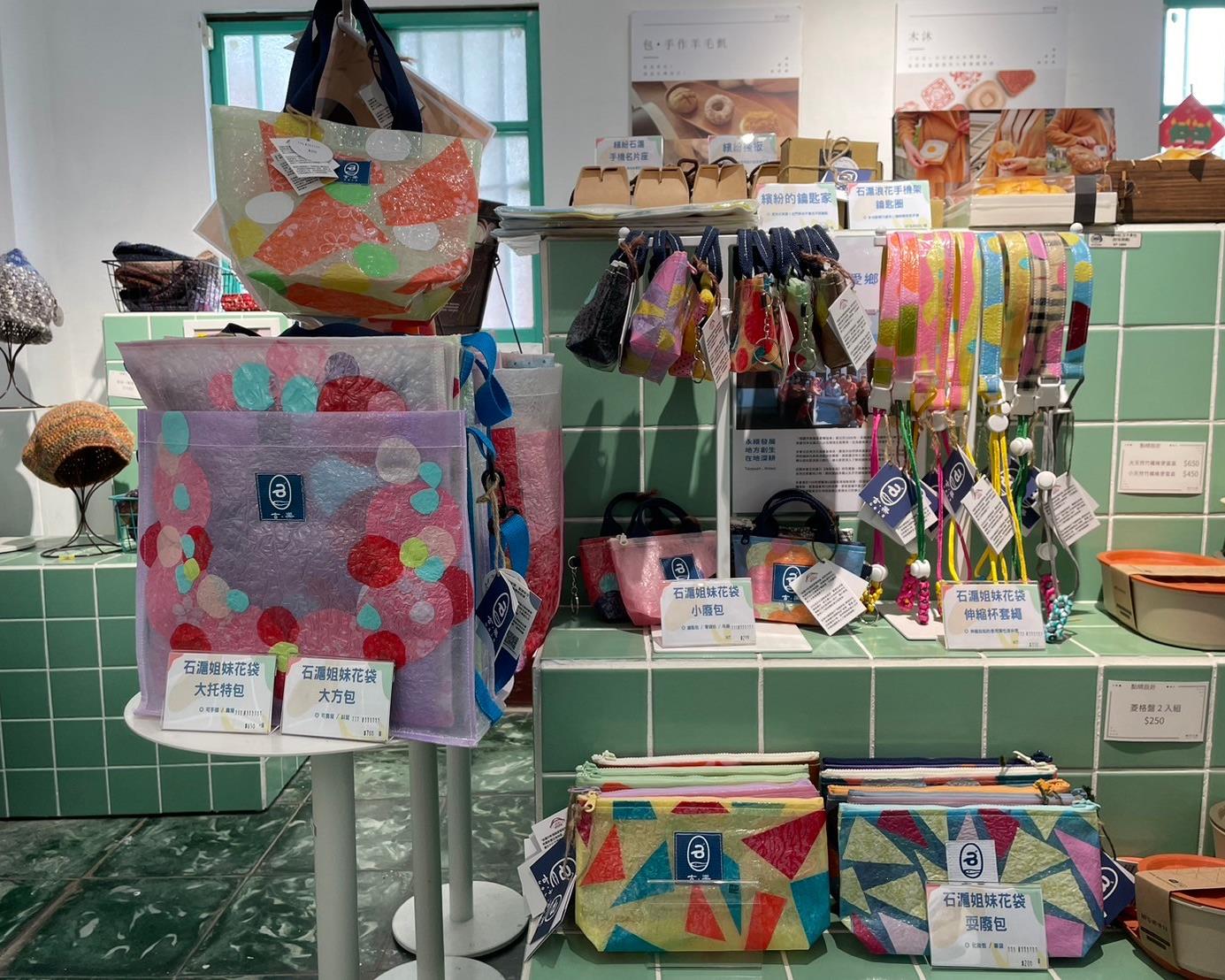
Taoyuan Xinwu Love Township Association: Old Stories and New Experiences of Century-Old Stone Weirs
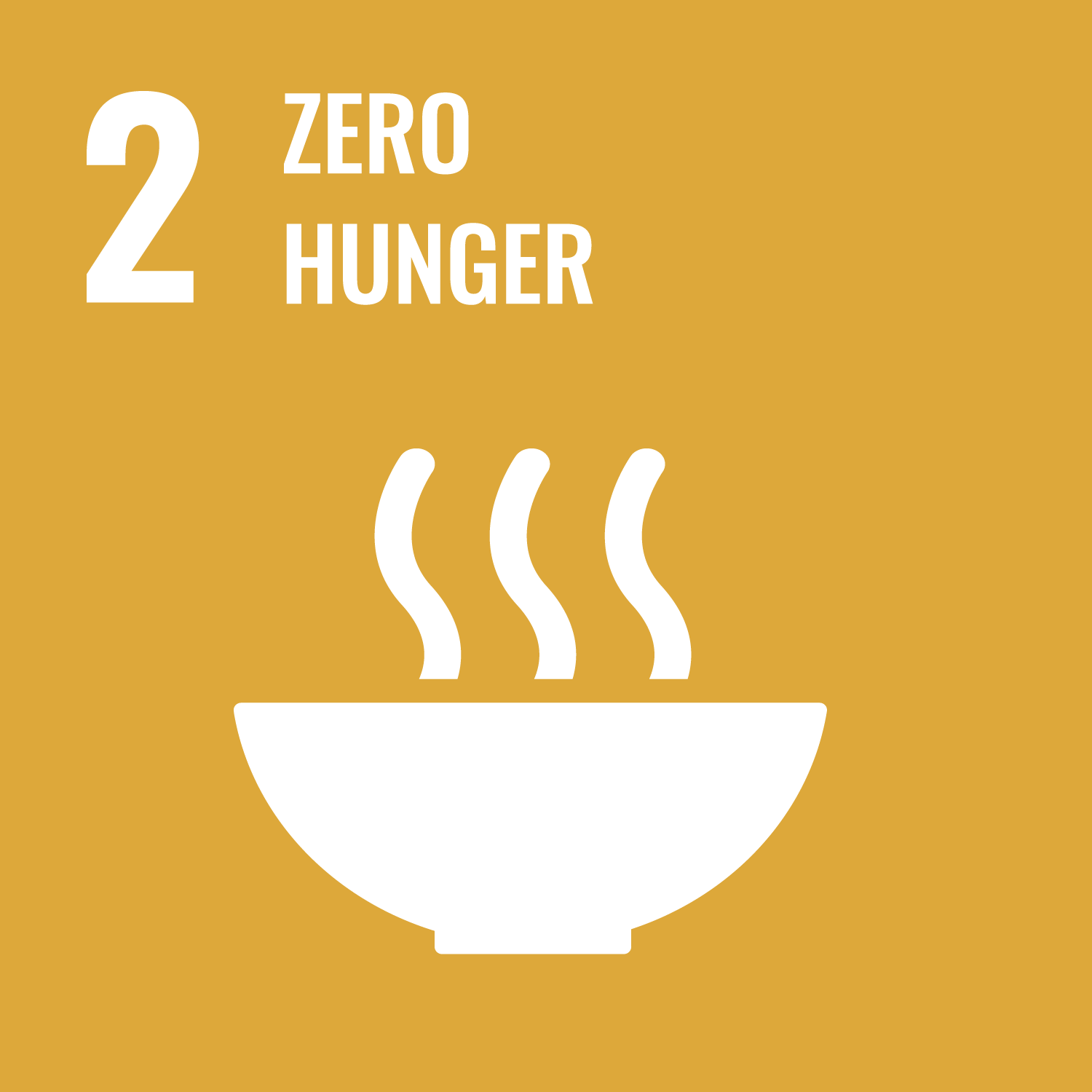
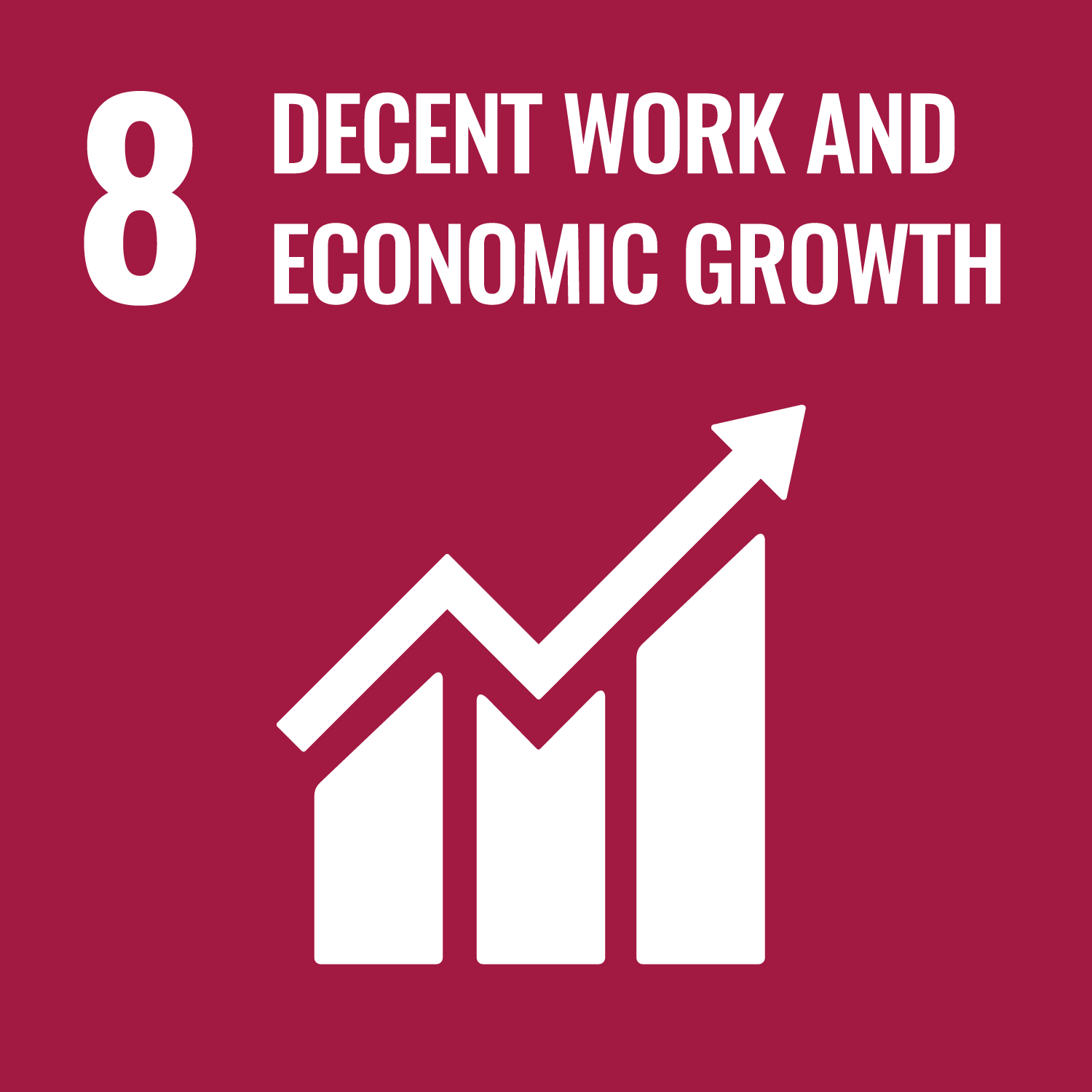
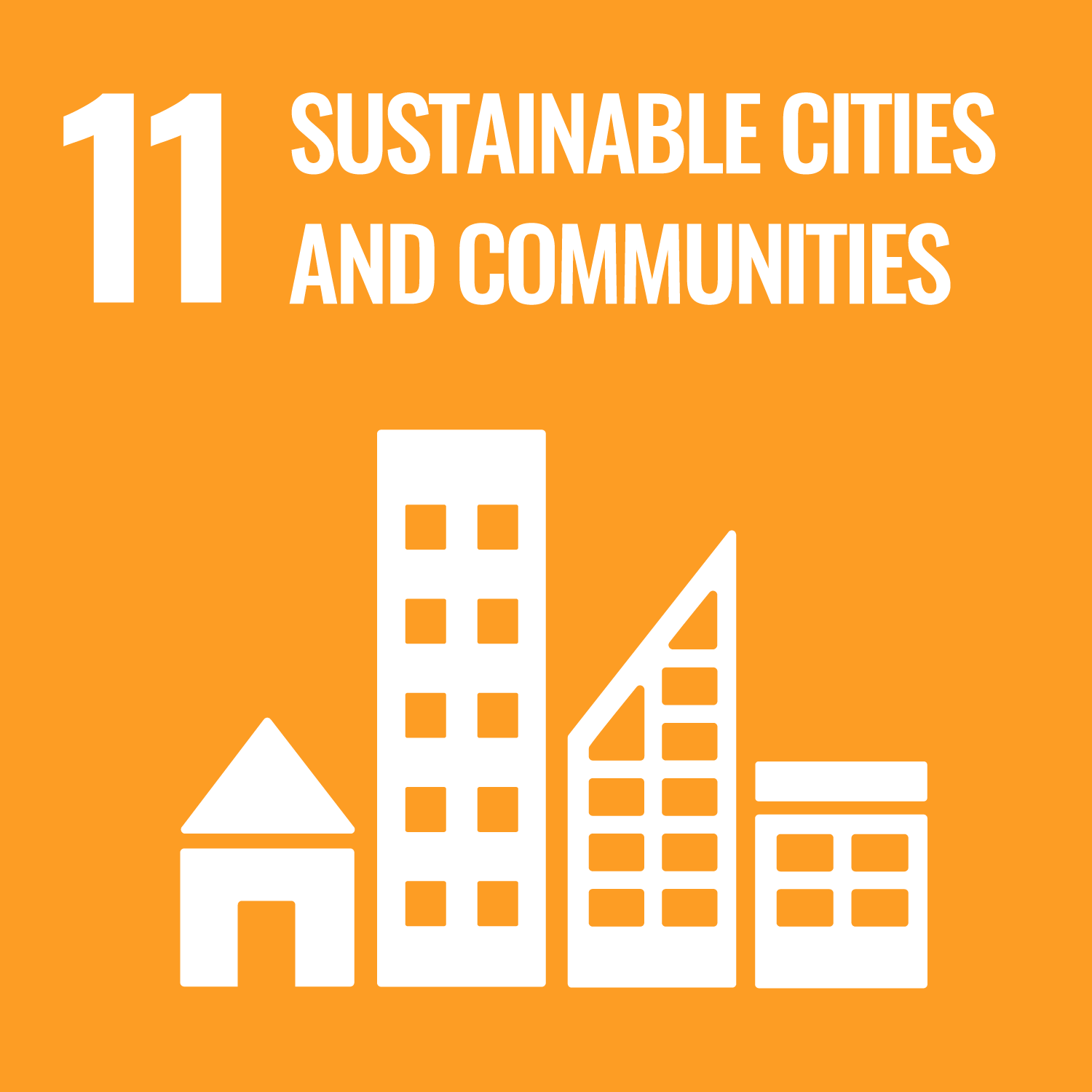
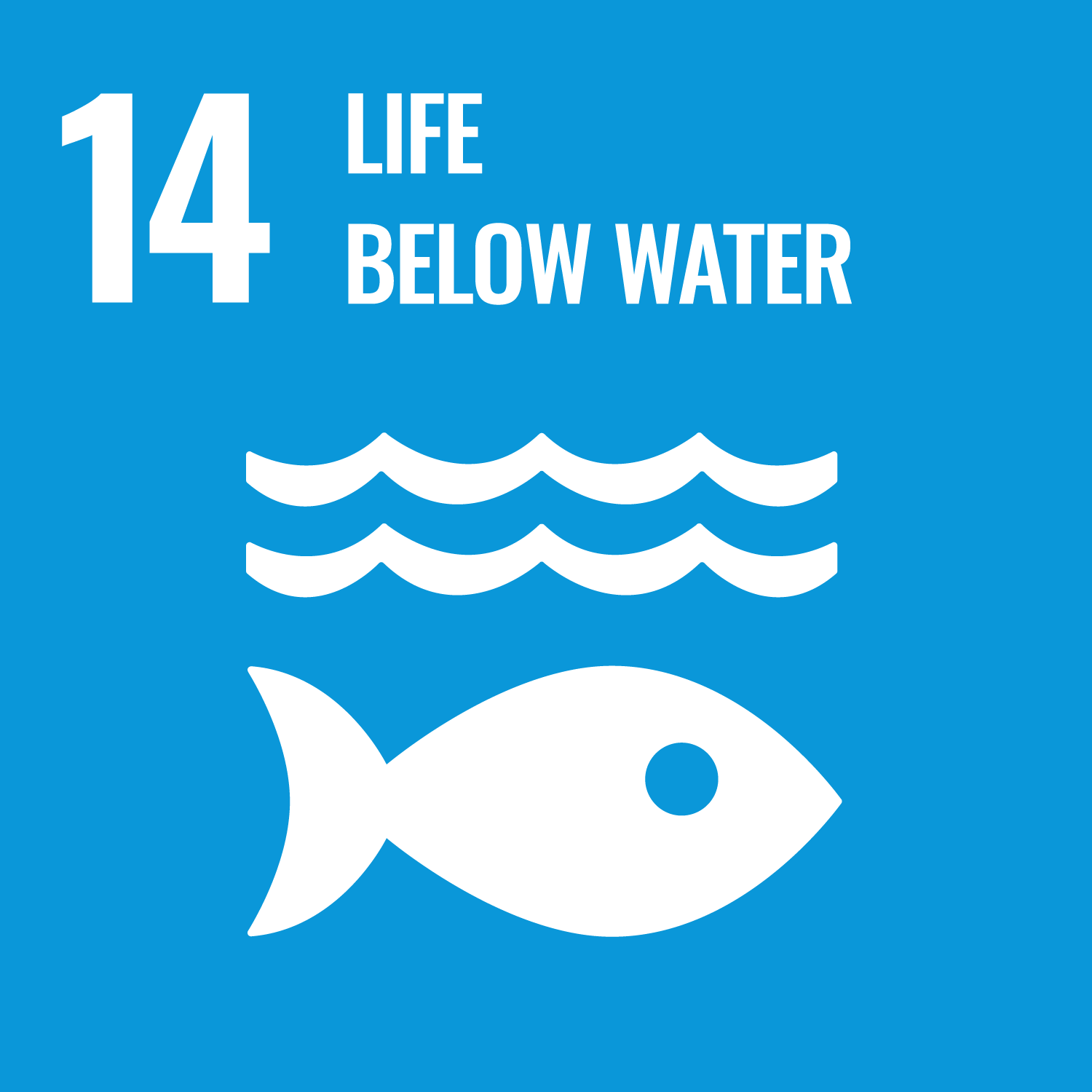
The Xinwu Stone Weirs Story House, founded in 2021, has a similar background to other cultural and creative parks: it was a former police outpost and dormitory. To revitalize the local assets, the government entrusted a local team to manage and operate them. Today, it has become the most cultural and tourism asset of the small fishing village, offering hands-on crafting experiences and connecting collective memories through knowledge and emotions. The key to these connections lies in one main concept—Stone Weirs.
Mr. Li Zhen-xian, the Executive Director of Xinwu Stone Weirs Story House, explains that stone weirs are curved stone dykes built by early settlers using rocks from the coastline. During high tide, the sea waves drive fish into the stone weirs, and as the tide recedes, the fish are trapped. Then the fishermen easily use nets to catch them. "This is truly a sustainable fishing method," Mr. Li notes.
Restoring the Stone Weirs and Reviving Cultural Memory
With the advancement of fishing techniques, this "reliant on the natural" production tool has gradually been thrown away and has become a sort of makeshift breakwater. "We have a stone weir at home. When I was little, I followed my grandfather to catch fish and picked clams on the side to sell for tuition fees." Mr. Li added, "Eventually, no one used stone weirs anymore, and they fell into disrepair."
The broken stone weirs remain a vague memory of Xinwu's residents in their 50s, and the younger generations don't even know this treasure in their hometown. Ms. Li Wen-ni, a 24-year-old staff member, confesses she wasn't aware there were stone weirs in Xinwu until she grew up. "After returning home to find a job after university, I realized how much historical significance and value these stone weirs hold."
The gap between history and culture is precisely the issue that social enterprises striving for sustainable development can address. Mr. Li Ren-fu, the former executive director, now a consultant, pointed out that as early as 2006, a group of firefighters spontaneously founded an association, recognizing the importance of the stone weirs. However, it wasn't until 2012 that a consensus on restoration was reached.
Flipping Marketing Mindsets: Story-telling Creates Impact
"At that time, a local journalist, Mr. Qiu Jie, rallied nearly 40 association volunteers to begin field research, and published a self-written and illustrated book the next year," said Mr. Li Ren-fu. During that period, this group of people, driven by "Improving the community better," received full training throughout the process, conducting interviews with elders, sourcing documents, and editing the publication.
Mr. Li recalled many challenging attempts to interview a local elder, Mr. Wu Jin-bang, for the local history: "The stone weirs in Xinwu are stacked with smooth, round pebbles, without sharp edges, making the process even more difficult than stacking Penghu's basalt stones." Despite these challenges, they still made a handmade picture book. Even the County Magistrate attended the book launch to show support.
The association organized reading circles and painting classes to spread awareness of the stone weirs to the locals, "But we still need to invite and ask the town residents for the audience to join the course rather than the hosts." It wasn't until they participated in the 2016 Land Art Festival, hosting the standout "Thousand-Person Stone Weir Build" event, that the team's marketing perspective transformed. From that point, they realized that "arts and cultural events that tell a story have a true impact."
New Immigrations Join and Collaborate for the Ecological Efforts
Since the turning point of the Land Art Festival, the association has actively organized in-person events to gain visibility. This led to the creation of Taiwan's first environmental education site focused on stone weirs. The association hosts outdoor tours for schools from other regions and invites instructors such as Zhang Deng-kai from the Hsinchu Chapter of the Society of Wilderness. The designed activities include fun and educational competitions that guide students to identify marine debris and clean the beach, as well as hands-on stone weir restoration.
During these years, the association's members realized that although they wanted to reach many goals, the resources were limited. After seeking support from various sources, they joined the "Multi-Employment Promotion Program" of the Workforce Development Agency. The program subsidized four employees and one professional manager in 2022 with clearly defined roles to execute tasks.
Ms. Li Wen-ni manages administration and paperwork, while Ms. Xu Min-jun is responsible for event planning and social media management. Product development is their shared responsibility. For example, they created a low-carbon dining experience from the food source to the table, such as a unique savory pie made with Ham-goi paste (a salted paste fermented by anchovy fish and salt) by the local mothers and a cooling vitex tea.
Another new employee is Ms. Wu Hong-shen, a 33-year-old Vietnamese New Immigrant who got married and moved to Taiwan just a year ago. She is responsible for site maintenance, assisting with events, and providing guided tours. She observes that the visitors are very engaged in the eco-courses. Although she's still improving her Mandarin speaking ability, she is tolerated by everyone. "So, I adjusted to the life and working pace here quickly," she said.
The association is in the final year of the three-year "Multi-Employment Promotion Program." Aside from the guided tours, the association's in-house brand "Gulo" marine debris craft and culinary businesses have achieved 88% revenue and created 5 jobs. Mr. Li Ren-fu analyzed that the key point that consistent 18 years of efforts for the association's success is embodying the principle championed by Japanese management expert Kenichi Omae: "What you are passionate about is often your natural talent; just keep repeating simple things."
Official Facebook Page of Taoyuan Xinwu Love Township Association
Ms. Xu Min-jun: To Hone Multiple Abilities in a Micro-organization
Ms. Xu Min-jun admits that the COVID-19 pandemic was the main reason she returned to her hometown, but she values the experience she's gained over the past three years. "In a micro-organization, you have to brainstorm and do everything by yourself, which allows you to learn the entire process of project execution. It's something you can't experience in a large, highly segmented corporation." Especially strengthening her skills in coordination, communication, and networking, Ms. Xu believes these abilities will be invaluable in driving innovation and translating it into local industry development. (Photo by Lin Ying-cheng)
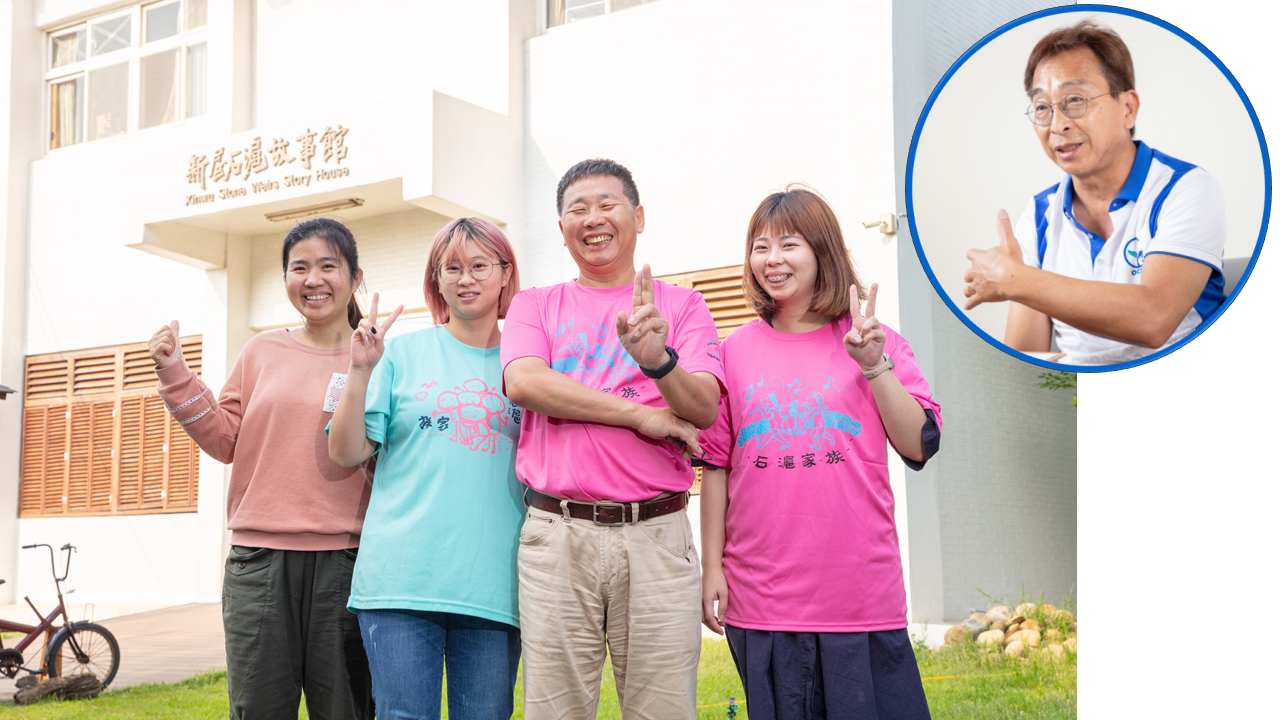
▲Taoyuan Xinwu Love Township Association established Taiwan's first stone weir education site. Second from the right in the photo is the Executive Director, Mr. Li Zhen-xian, and in the upper right is the Consultant, Mr. Li Ren-fu. (Photo by Lin Ying-cheng).
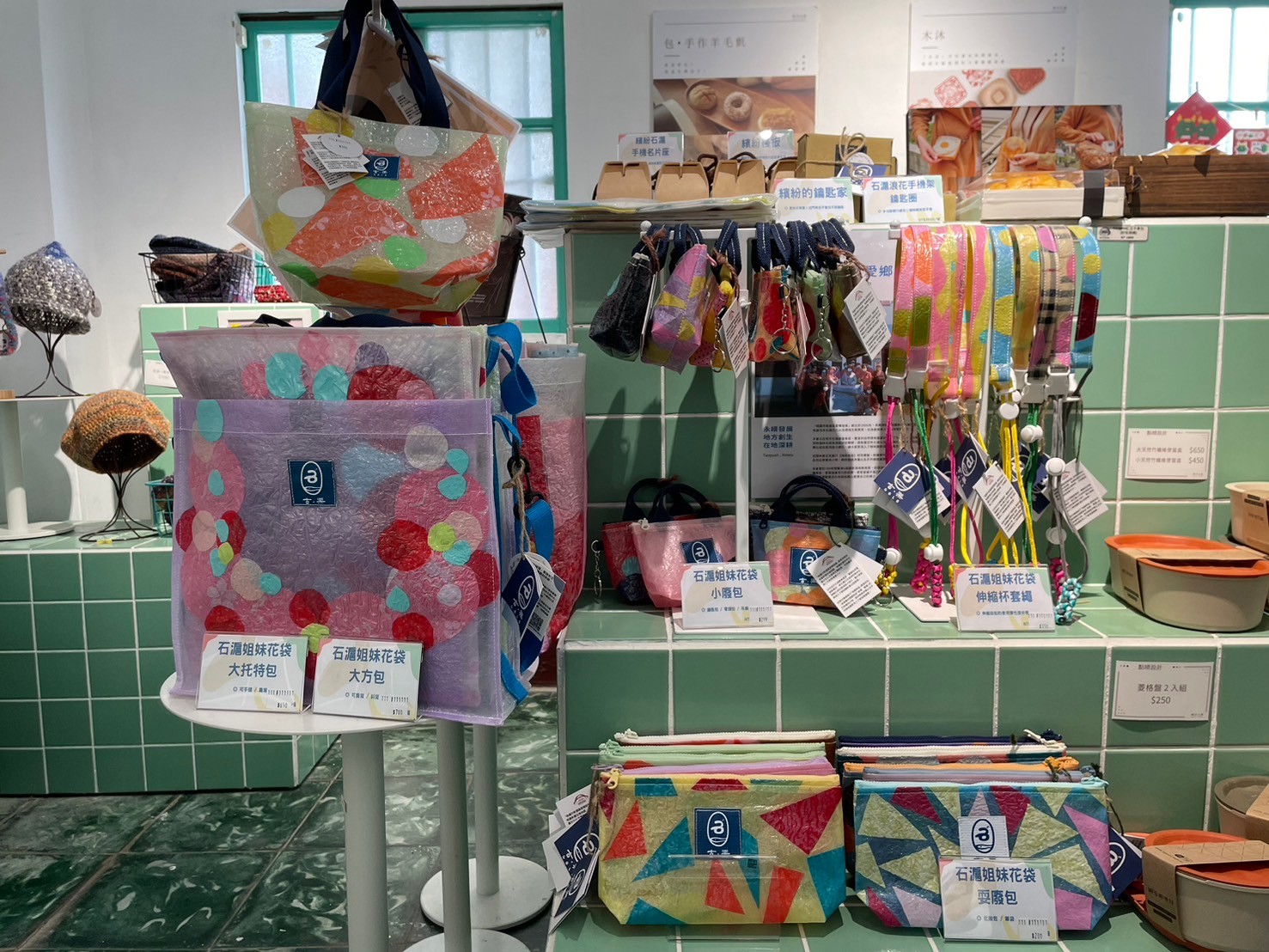
▲All kinds of colorful and creative crafts that were innovated from the stone weirs.
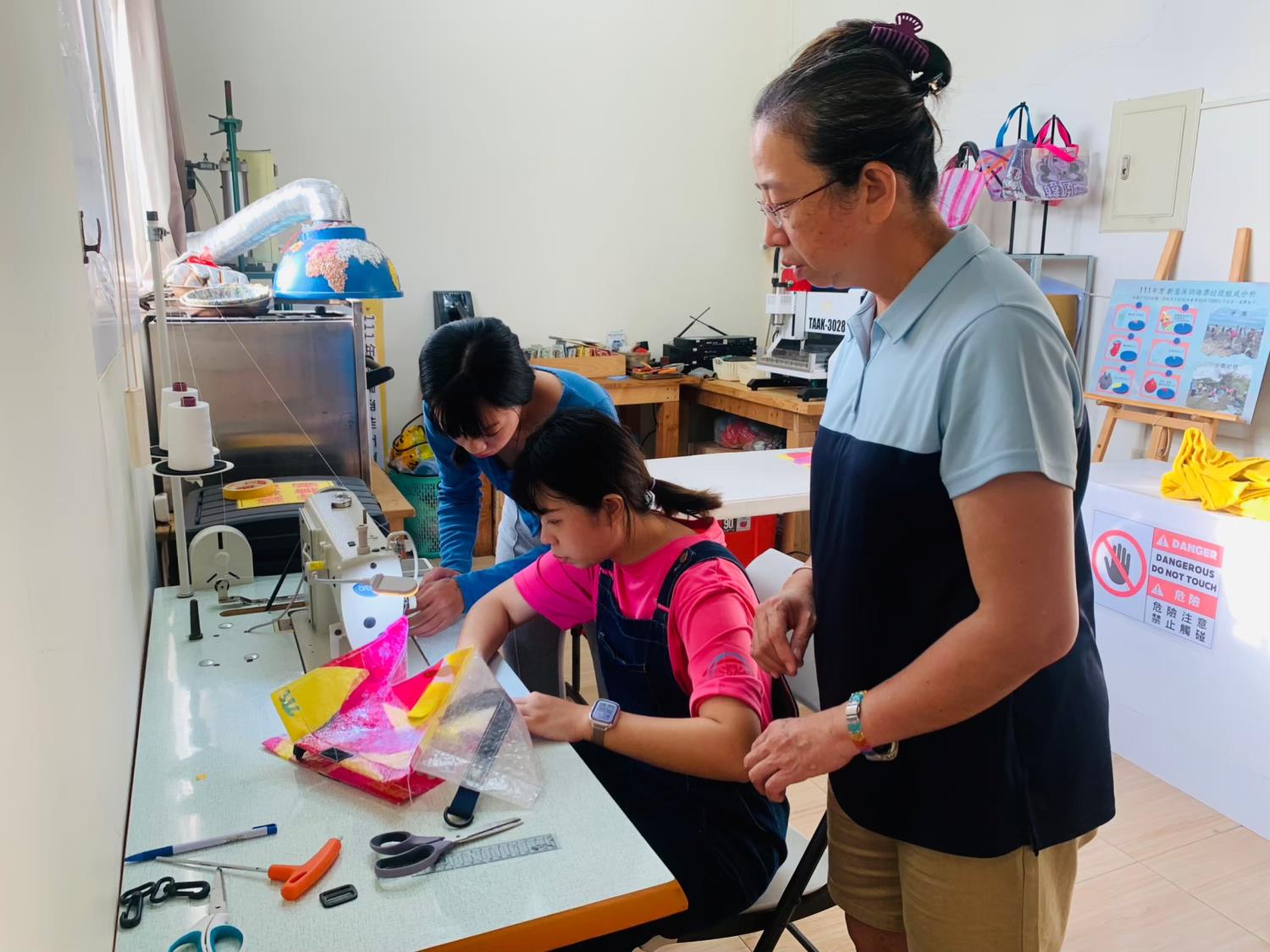
▲The staff of the association is constantly trying and experimenting with new products.
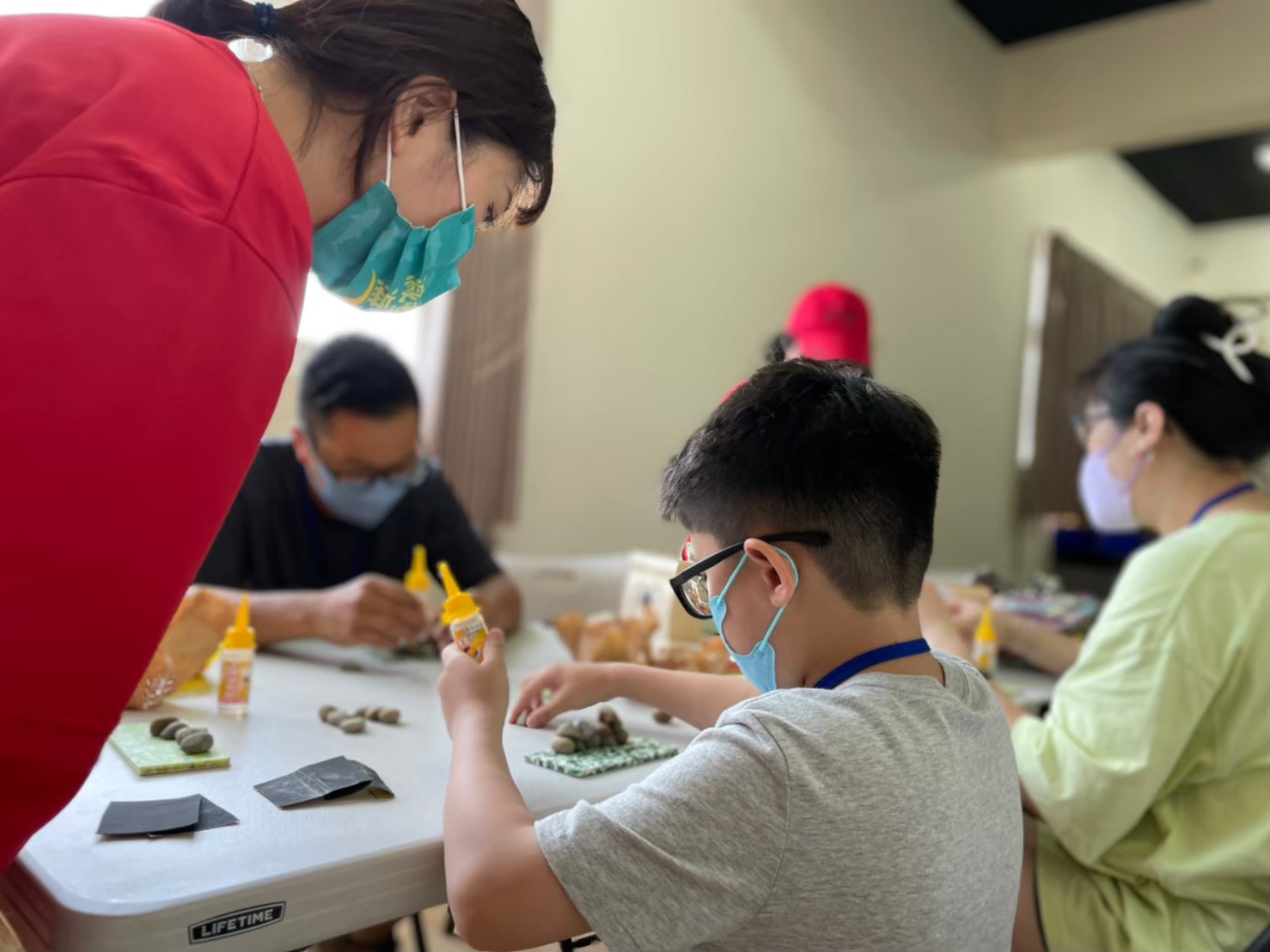
▲The children enjoy the DIY Stone Weirs products experience. (Photo provided: Taoyuan Xinwu Love Township Association)
Case Story: Multi-Employment Promotion Program
Interviewee: Taoyuan Xinwu Love Township Association
![]()
This work is licensed under a Creative Commons Attribution-NoDerivatives 4.0 International License.
Please attribute this article to “Workforce Development Agency, Ministry of Labor.”
